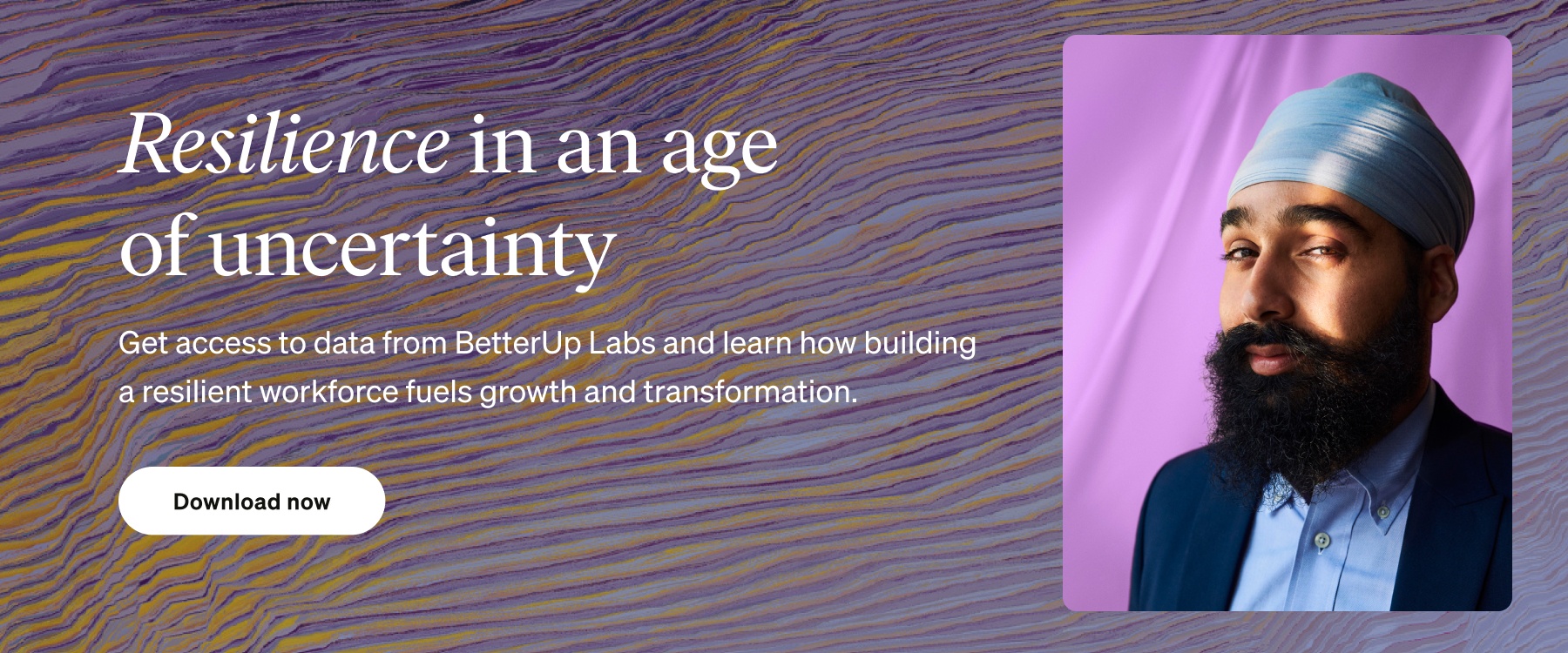Radical acceptance is a conscious choice to accept something as it is; to fully accept life on life’s terms, not our own. Radical acceptance does not necessarily signify agreement or approval, but rather complete acceptance of a situation or scenario that you cannot change. In other words, it is what it is. When we truly acknowledge our inability to change a life variable, and relinquish any sense of control, we have arrived at radical acceptance.
Radical acceptance, however, is often not an automatic response for most people. But the good news is it can be practiced, learned, and mastered. And resilience is key in this process. Resilience is the ability to cope and recover from adversity; to bounce back into positive action. Let’s look at a concrete example, COVID-19, to explore the role of radical acceptance and resilience as a way of navigating change.
Coronavirus, and its rippling impact, is currently a life variable that we cannot change today. I think it would be fair to say real, it is problematic, we do not like it, and we cannot control it. Radical acceptance, and the principles of resilience, provide us with the tools to effectively navigate through this dilemma.
Initially, connecting with members in their makeshift home offices quickly altered our relationship dynamics. Authenticity, appreciation, and even vulnerability, increased measurably and favorably. Almost immediately, members shifted their focus to developing coping skills while essentially parking their progress on professional development goals. The energy, urgency, and focus changed, and for many members, the emphasis shifted to developing skills for navigating the new normal.
Struggles around balance, isolation, and overwhelm, replaced effective workplace behaviors or the pursuit of a promotion. Members pivoted to seeking more advice or guidance, perhaps recognizing that they did not know how to handle certain situations or manage unknown variables. There was frustration, exhaustion, confusion, fatigue, concern, fear, and ultimately, resistance. Why? Because members were clinging to what used to be. People got stuck in the problem, questioning why or how it was happening, unable or unwilling to accept, let go, adjust accordingly, and move forward.
As you can see, or perhaps experienced yourself, radical acceptance was not widespread early on. To maintain a sense of security, many needed to believe that this disruption was just temporary. Although resilience was a professional capability many members relied on routinely at work, transitioning these behaviors within this COVID-19 context was challenging, and not automatic.






